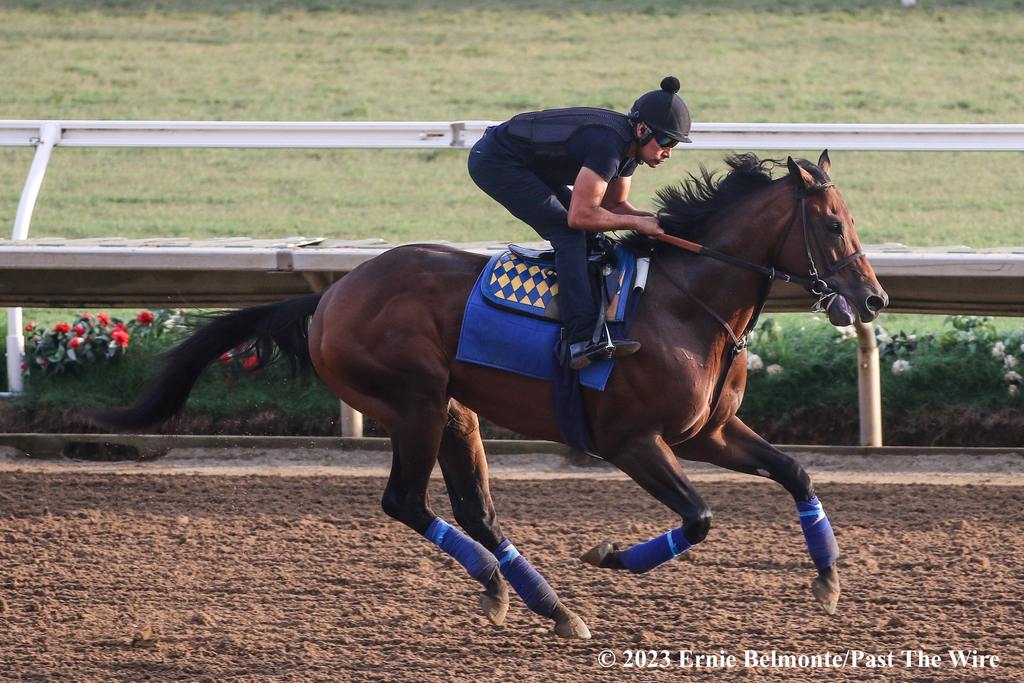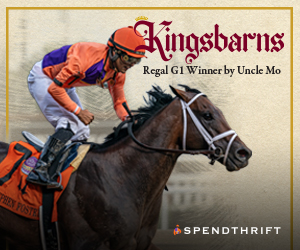
The Santa Anita Breeders’ Cup is one of the most anticipated horse racing events on the calendar. Taking place on Nov. 3 and 4, it will surely draw in aficionados and casual punters alike. While strategy, studying form, and picking favorites play a significant role, understanding the physiological aspects of placing wagers can be equally critical. Your mind and emotions can play tricks on you, often in ways you don’t anticipate. Let’s dive into the world of wagering, not from the vantage of odds and horses but from the perspective of the human psyche.
1. Recognizing the Thrill
When you lay down a bet on a race, especially one as prestigious as the Santa Anita Breeders’ Cup, adrenaline kicks in. This hormone, which causes the heart to race and palms to sweat, is the body’s natural response to excitement and danger. Recognizing this physiological reaction is the first step in managing it.
Tip: Before making a decision, pause and take a deep breath. This brief moment of introspection can help you assess whether you’re making a choice based on sound judgment or the rush of the moment.
2. Combatting Overconfidence
Have you ever had a string of wins and felt invincible? That’s a psychological phenomenon known as overconfidence bias. It’s easy to feel that a winning streak gives one superior insight, but remember that each race is an independent event.
Tip: Instead of riding solely on previous wins, continually reassess your strategy. Keep a journal of your bets and decisions to track patterns and refine your approach.
3. Handling Losses Gracefully
On the flip side of overconfidence is the despair and despondency that comes with losses. It’s a natural emotional reaction to feel down after a loss, but it’s essential not to let that feeling influence your next wager.
Tip: Set aside a specific amount for wagering, and never exceed that budget. This way, even if the day doesn’t go as planned, you’ve only spent what you were willing to part with.
4. Beware of Groupthink
The atmosphere at grand events like the Breeders’ Cup is nothing short of electric. Pulsating with energy and excitement, it’s a melting pot of enthusiasts, each armed with opinions, insights, and predictions.
Amidst this whirlwind of shared sentiment, it’s all too easy to find oneself carried away by the collective voice, seduced by the prevailing mood. This phenomenon, known as groupthink, can sometimes obscure individual judgment.
While collective wisdom has its merits, it’s also susceptible to biases and emotions that may not align with your own observations and research. For those seeking a more objective viewpoint, checking out the TVG Breeders’ Cup odds can provide a grounded perspective on potential outcomes.
Tip: Immerse yourself in the shared enthusiasm and listen to others; however, maintain your analytical core. While gathering diverse perspectives can enrich your understanding, always remember the final call is yours. Your wager should reflect your convictions, insights, and risk appetite, ensuring you remain true to your unique strategy.
5. Deciphering Gut Feelings
Trusting one’s gut has become a popular sentiment in decision-making, particularly in the fast-paced world of sports betting. However, understand that the gut is not always right. It’s crucial to differentiate between intuition and impulse.
Intuition, often refined over the years, is a culmination of experience, observed patterns, and subconscious insights. In contrast, impulse emerges from immediate emotions, often leading to rash decisions without substantial reasoning or reflection. For many, the line between the two is thin and blurry.
Tip: If you discover yourself compelled by a gut feeling about a bet, pause for a moment. Analyze the roots of this feeling. Can you trace it back to previous races, knowledge about a horse, or jockey insights? If you can back up your gut feeling with some logic or past experience, it gains credibility. Otherwise, it might be an emotional whim that’s best approached with caution.
6. The Role of Dopamine
Victory, especially in a platform as thrilling as the Santa Anita Breeders’ Cup, triggers a euphoric feeling. This exhilaration is largely due to dopamine, the ‘feel good’ neurotransmitter your brain releases upon winning a wager. This chemical messenger is responsible for feelings of pleasure, reward, and motivation.
However, the surge of dopamine can be addictive. Its tantalizing pull pushes individuals to chase that euphoria repeatedly, sometimes to the detriment of their rational judgment. This dopamine-driven pursuit is a primary reason why gambling can escalate from a casual pastime to a problematic obsession for some.
Tip: Place the essence of wagering in perspective. Always engage in it as a delightful diversion, a form of entertainment. It shouldn’t be a primary source of happiness or a means to fill emotional voids. Cherish the camaraderie, the ambiance, the very pulse of the racetrack. It’s the entire experience and the thrill of the race that should be paramount, not merely the outcome of a bet.
7. Avoiding the Sunk Cost Fallacy
Engaging in betting often means investing not just money but also time, emotion, and energy. After pouring so much into a series of bets, it’s all too human to think, “I’ve delved this deep, why not go a bit further?” This mindset, the belief that previous investments justify further expenditure, is the sunk cost fallacy in action.
It’s a cognitive trap that ensnares even seasoned punters, leading them to make irrational decisions based on past, irreversible losses rather than future potential gains.
Tip: Keep your focus forward. Every time you’re about to place a bet, wipe the slate clean. Past decisions, be they victories or losses, should remain in the past. Approach each new wager with a fresh perspective and an independent decision-making process, unburdened by what came before.
In Conclusion
The Santa Anita Breeders’ Cup offers not just a display of equine prowess but also a stage for human emotion and decision-making. By understanding the physiological responses associated with wagering, you can make more informed, rational choices. Whether you’re a seasoned punter or a newcomer to the racing scene, managing the mental and emotional aspects of betting can enhance your overall experience. After all, the journey is as exhilarating as the destination.



